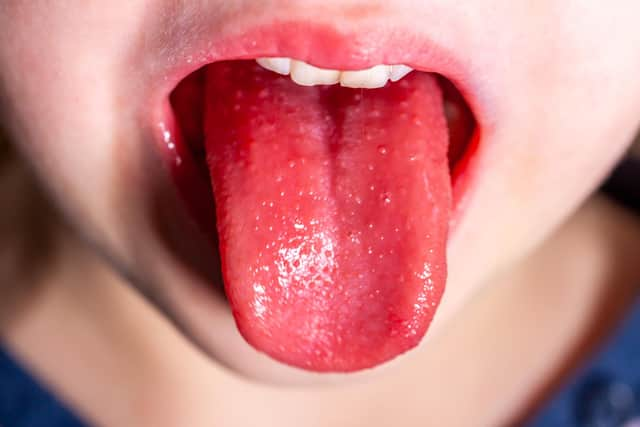Five confirmed cases of highly contagious scarlet fever in Chesterfield
and live on Freeview channel 276
As well as the five in Chesterfield, there have been two confirmed cases in NE Derbyshire, two in Bolsover, two in the Derbyshire Dales area and two in the High Peak. There are also four cases in Amber Valley and one in Erewash.
Scarlet fever is a highly contagious infection caused by the Strep A bacteria. Symptoms include a sandpapery skin rash and a white coating on the tongue. It used to be a very serious infection, but thanks to antibiotics most cases these days are mild and easily treated.
Advertisement
Hide AdAdvertisement
Hide AdHowever, in very rare occasions, the bacteria that causes scarlet fever - Strep A - can get into the bloodstream and cause a potentially deadly infection called invasive Group A Strep (iGAS). Parents are urged to seek medical advice if their child is getting worse, has a fever, is eating much less than normal or is very tired or irritable.


In England and Wales, the UK Health Security Agency publishes the number of scarlet fever cases reported in every local authority area. Figures for the most recent week, up to December 4, show the Isle of Wight had the most cases that week, at 32. This was followed by Leeds, with 22 cases, and Allerdale in Cumbria, with 20 cases.
Dr Colin Brown, deputy director of the UK Health Security Agency said: “We are seeing a higher number of cases of Group A strep this year than usual. The bacteria usually causes a mild infection producing sore throats or scarlet fever that can be easily treated with antibiotics. In very rare circumstances, this bacteria can get into the bloodstream and cause serious illness – called invasive Group A strep (iGAS).
“This is still uncommon; however, it is important that parents are on the lookout for symptoms and see a doctor as quickly as possible so that their child can be treated and we can stop the infection becoming serious. Make sure you talk to a health professional if your child is showing signs of deteriorating after a bout of scarlet fever, a sore throat, or a respiratory infection.”

